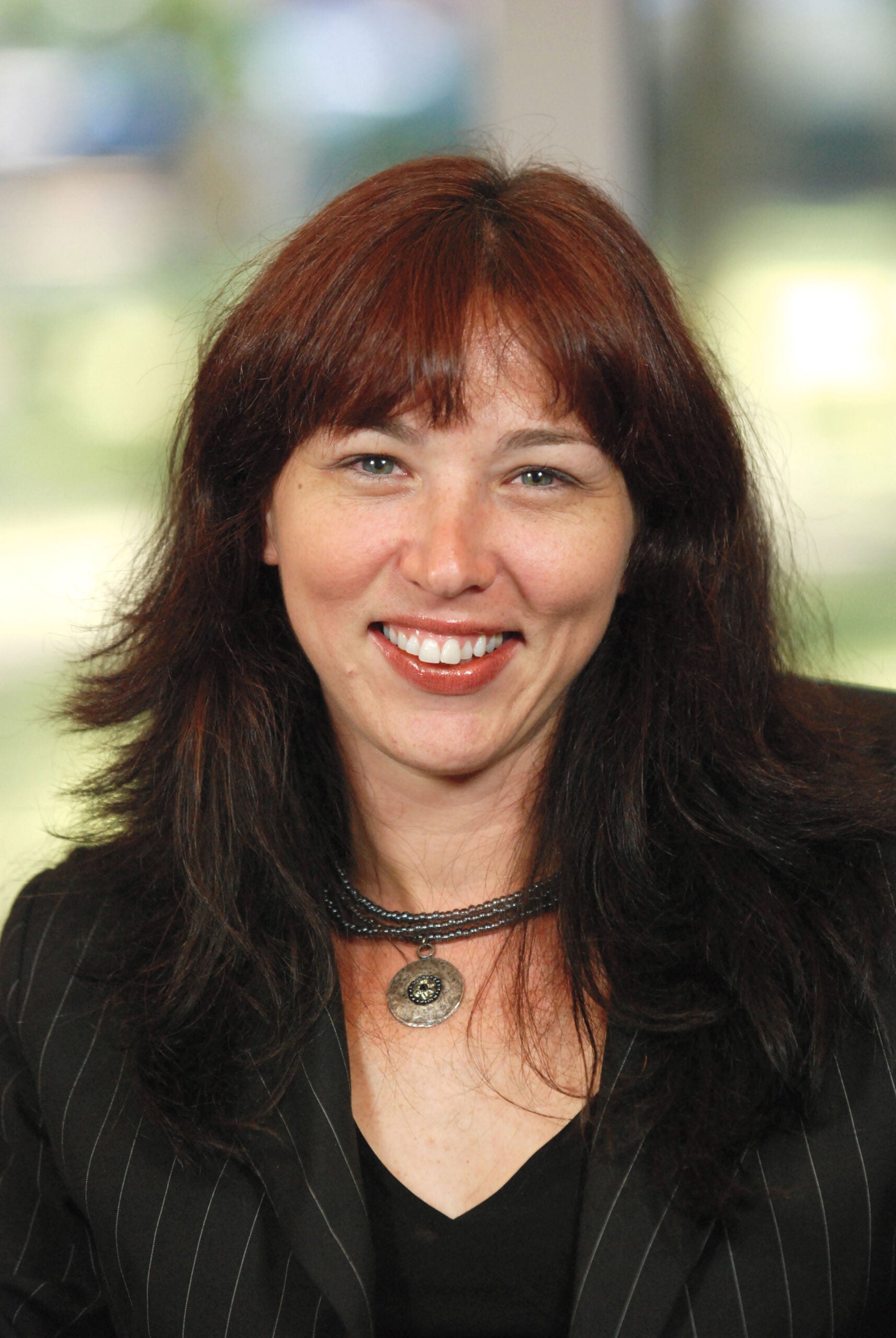Gabriella Blum LL.M. ’01 S.J.D. ’03 delivered the lecture “The Fog of Victory” on April 10 to mark her appointment as the Rita E. Hauser Professor of Human Rights and Humanitarian Law at Harvard Law School.
Introducing Blum before the lecture, Dean Martha Minow said: “Gabby Blum’s commitment to human rights, world peace, and humanitarian law and the law of war is matched perfectly with the title of the chair. Gabby Blum is someone who has spent her professional life thinking about seemingly intractable international conflicts and war. She is a path-breaking scholar, superb and inspiring teacher, and an outstanding contributor to public debate. “
In her lecture, Blum stated that there has been little discussion of the idea of victory in the legal field, and almost none among legal scholars. “Without understanding what victory means today, we cannot even hope to approach a workable and meaningful doctrine for regulating war.”
Blum went on to explore questions surrounding the meaning of victory including “What does victory look like today? What does it take to achieve it, and what do you gain by it? Do we have a final moment, and final ending, that brings us back from war to peace?” She cited the rise of humanitarianism and an increasing focus on the individual rather than the state as a major reformer of modern warfare, and explored the growth of international criminal law and its effect on war.
“Bill Maher’s mock complaint, ‘Next time you fight a war for oil, get some oil,’ reminds us that victors today can no longer enjoy the traditional spoils of war. Land, oil or access to trade routes all belong to the people who inhabit the territory in conflict,” stated Blum. “The most a state can win for itself is security, the elimination of threat from others. But the human rights revolution invited states, in effect mostly liberal democracies, to win rights not just for themselves but also for those whose rights were systematically violated.”
Blum is the faculty co-director of the Harvard Law School-Brookings Project on Law and Security. Her research interests include conflict management, counter-terrorism operations, law of armed conflict, negotiation, and public international law. Most recently, she co-wrote with HLS Professor Philip B. Heymann ’60, “Laws, Outlaws, and Terrorists: Lessons from the War on Terrorism” (MIT Press 2010), which received the 2010 Chicago-Kent College of Law/Roy C. Palmer Civil Liberties Prize in October. She is also the author of “Islands of Agreement: Managing Enduring Armed Rivalries,” (Harvard University Press 2007).
A native of Israel, Blum served in the Israel Defense Forces in the International Law Department of the Military Advocate General’s Corps. She was involved in Israeli-Arab peace negotiations, Israeli strategic cooperation with foreign forces, and administration of the Palestinian occupied territories. She later led the counter-terrorism desk, and then went on to serve as strategic adviser to the Prime Minister’s Office in the National Security Council.
The Rita E. Hauser Professor of Human Rights and Humanitarian Law was established in 2006 by Gustave ’53 and Rita Hauser ’58. The chair is named for Rita Hauser, an international lawyer and former partner at the New York City law firm Stroock & Stroock & Lavan
Since early 2010, Hauser has served on the President’s Intelligence Advisory Board, appointed by President Barack Obama ’91. She first served on the nonpartisan board during the Bush administration, from 2001 to 2004. She is also chair of the International Peace Academy.
A prominent philanthropist, she is the president of The Hauser Foundation. Most recently, the Hausers gave Harvard University a gift of $40 million to launch the Harvard Initiative for Learning and Teaching. In the 1990s, they made a critical gift to support the construction of Hauser Hall. They also founded The Hauser Center for Nonprofit Organizations at the Kennedy School of Government. Hauser is a member of the HLS Dean’s advisory board and this year, she was named a fellow of the American Academy of Arts & Sciences.
